How To Stop Binge Eating On The Weekend
- February 27, 2019
- Last Updated: November 17, 2023
- 1 Comment
- Intuitive Eating
I loved reading some of your comments on last week’s day in the life post. So, I will definitely keep doing some lifestyle/day in the life and eating posts because many of you find that helpful. Those are fun for me to do, too!
Ideally, I’d love to do one running post each week, one nutrition or recipe post and one lifestyle post. How that will actually play out I have no idea but, #goals.
I’ve already written about specific reasons you may not trust yourself around food. Today, I wanted to talk a little bit about eating during the week vs. on the weekend, specifically.
I got a question through an Instagram DM asking why she feels like she is out of control eating on the weekend. I figured it was the perfect topic for a blog post, in terms of why you may binge eat on the weekend.
So, let’s talk about some of the common reasons for this diet mentality.
If you’re looking for binge eating help or wondering how to stop binge eating at night, hopefully these tips will help.
These are the main reasons I see clients experiencing out of control eating.
You’re Eating Foods You Don’t Eat During the Week
This is probably the number one reason that comes up with clients. If you only allow yourself to eat pizza on Saturdays, you’re sending a message to your body that:
a) pizza is bad
b) you can’t be trusted with pizza during the week.
Hence, it’s a natural response mechanism for your body to overeat that pizza because it doesn’t know when it will have pizza again. It’s that last supper mentality and it’s important to first make peace with food.
Important to note I mean overeating in a physical discomfort way. I know everyone will have their own definition of mental overeating.

Practicing food flexibility during the week may be great for you! Whether that means going out for pizza during the week when you have a pizza craving or making cookies on a Monday, allow yourself to have foods that you would typically consider “off limits” during the week.
These decisions may seem insignificant, but they can help rewire the neural pathway that frowns upon them during the week.
You Need a Little Structure
I find that it’s a tough balance to figure out what is too much structure and what isn’t enough. More often than not, we’re working on making food choices less structured with intuitive eating. Making them feel more spontaneous, less rigid.
However, that being said, sometimes having too much structure can be a difficult transition.
If you’re going into the weekend without a plan for food and meals, maybe it’s worth developing a loose one. Not everyone does well with no structure at all, and sometimes, I actually recommend having some structure with clients (but less than during the week).

Maybe you’re not at a place where you can spontaneously go out for 2 or 3 meals a day. How could you care for yourself with some structure? Maybe that means planning 1-2 meals or snacks on the weekend.
Or, making a dinner reservation somewhere you want to eat to get a meal or food you’ve been craving.
It could even mean having estimated times to eat based on the activities you have planned for the weekend. That’s not overly rigid. Instead, I see it as a form of self-care to ensure adequate energy intake throughout the day.
Here’s a post I wrote about intuitive eating being messy and embracing the gray, nuanced space that comes with it.
You’re Skipping Meals and Snacks
Are you not eating breakfast on the weekend? It’s common to sleep later, and maybe breakfast gets moved back a little later, but we don’t want to skip meals entirely.
You still want to be consistently eating every 2-4 hours to keep your energy and blood sugar levels stable during the day.
Our bodies don’t know the difference of skipping meals accidentally or on purpose. It’s going to respond in the same way – with increased hunger and cravings.
Here’s where having a little structure could also be helpful. Eating enough at regular intervals can help reduce out of control eating and binge eating tendencies.

You Still Feel Like You Have to Start Over on Monday
It’s common (I stress, very common) for people to follow a plan or “eat well” throughout the week, only to save up for splurges or “cheat days” on the weekend. We all know how I feel about cheat days and “eating clean,” but I use these terms as references for the general public.
Remember, the body’s natural, biological response to restriction and starvation is bingeing. It’s the body’s way of trying to get enough calories and energy to sustain life. That is a very simplistic way of explaining it, but it’s a good way of summarizing why you didn’t fail the diet, the diet failed you.
Think of it this way – if you’re only eating vegetables all week and not eating adequate energy, when you let your guard down on the weekend to include more foods, your body is craving more energy.
So, yeah, you may miss the mark. You may eat more than you planned on eating, and feel physically full, which can then lead to mental backlash, which can then lead to “starting over” on Monday.
It’s an endless cycle, you see.
The mentality of “starting over” is reinforcing that your food choices during the week should be different from the weekend.

Maybe you try meal planning in an intuitive way vs. a rigid way. And you include wholesome foods and ingredients that make you feel good and will energize you.
But, maybe you also include some other fun foods that bring you pleasure so you don’t have that deprivation mindset.
You’re Turning to Food As Your Only Outlet for Stress
Food is enjoyable and emotional. It’s okay to turn to food to cope with emotions, sometimes. But, we don’t want food to be our ONLY outlet for stressful times. We talk ALOT about this in my Workbook about Hunger and Fullness.
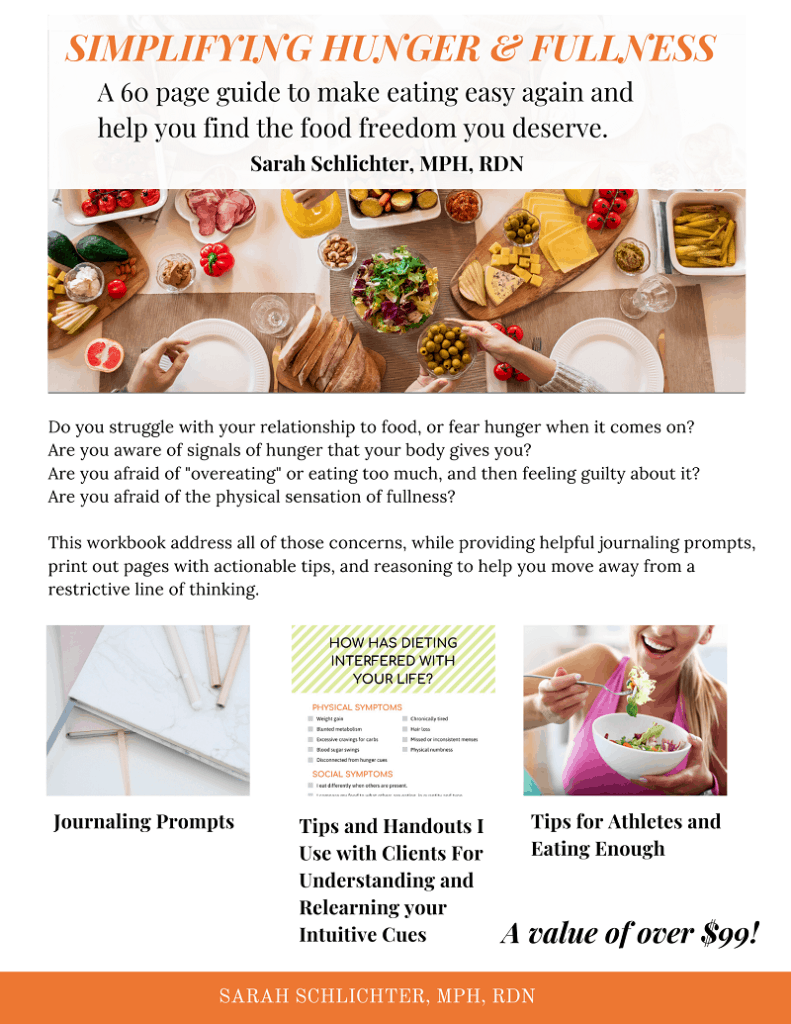
If you’re keeping your feelings in during the week only to unleash them with food and alcohol on the weekend, maybe it would be helpful to make a list of some other coping mechanisms that could serve you during these times.
And maybe you can include some of those things in your weekend plans.
Here are some things in my self care toolbox:
- Podcasts (lately I’ve been into crime and murder mysteries)
- At home yoga video or some deep stretching
- Warm bubble bath with epsom salts
- Scheduling a massage
- Going to a movie, play, art gallery
- Doing something new in my town!
- Drawing, reading, writing (I’m a big pen on paper kinda girl)
- Watching a trashy show
- Laughing! Whether that means calling my funniest girlfriend or putting on The Office, laughing is nature’s best medicine
It could also be helpful to talk to a therapist about finding other ways to cope with emotions.

Some final thoughts…
Here are some questions you can ask yourself honestly to see if they provide any insight.
- What if rather than allowing yourself to eat differently on the weekend, you expected it?
- If you feel like you’re allowing a food during the week, are you still mentally providing some rules around it? (For example, I can eat these cookies on Tuesday, but only if I work out later that day)
- What if you gave yourself permission to be a little less structured on the weekend? What would that look like?
After all, you’re probably not going to bed at the same time or waking up at the same time. You’re probably not eating meals at the same time, and you may be eating out of the house. It’s normal for these meals to look a little different.
Maybe you have more time to cook, meal prep or exercise. Maybe you’re hungrier, or maybe you’re less hungry. Whatever the case, it’s futile to predict what you should eat on the weekend because we don’t know how it will turn out, and sometimes, spontaneity can be golden.
Curious to hear your thoughts!
Does your eating change on the weekend? How?
Do you have trouble letting go of food rules during the week?
Support Bucket List Tummy












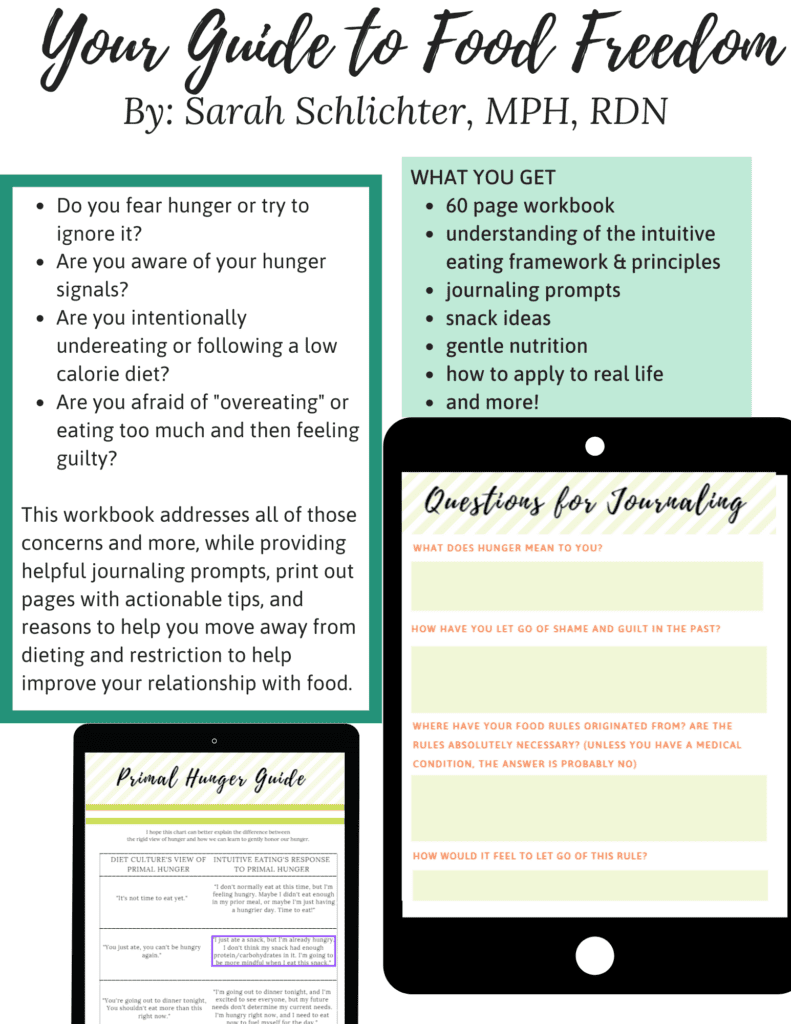
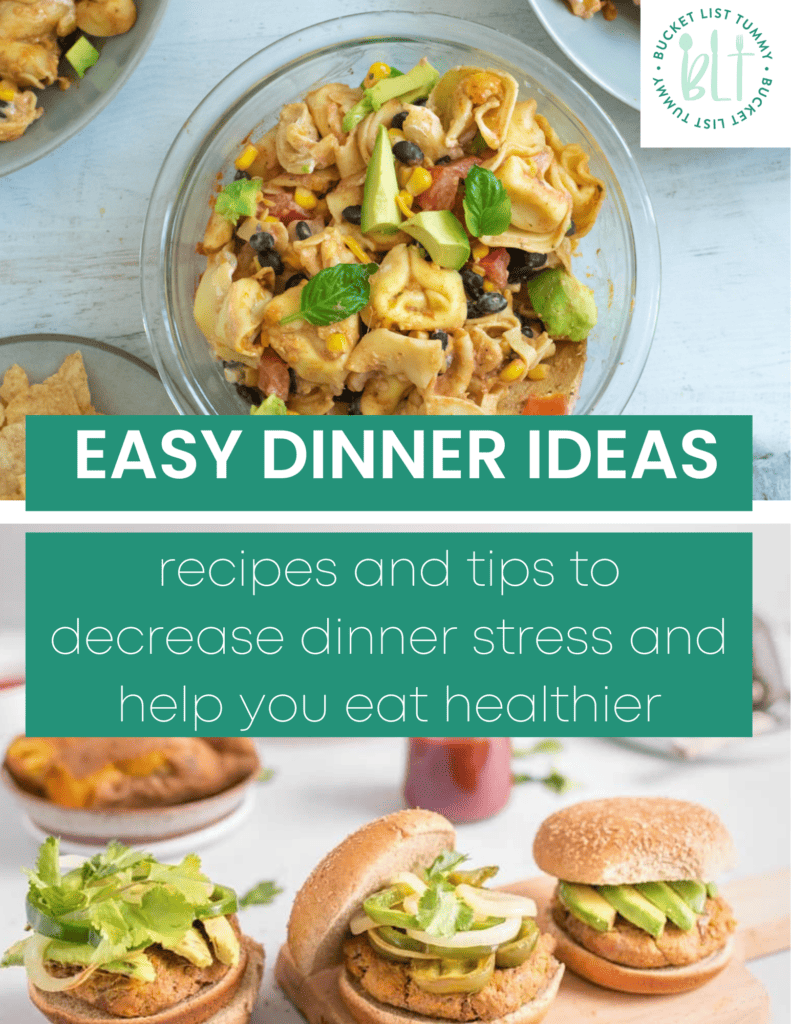



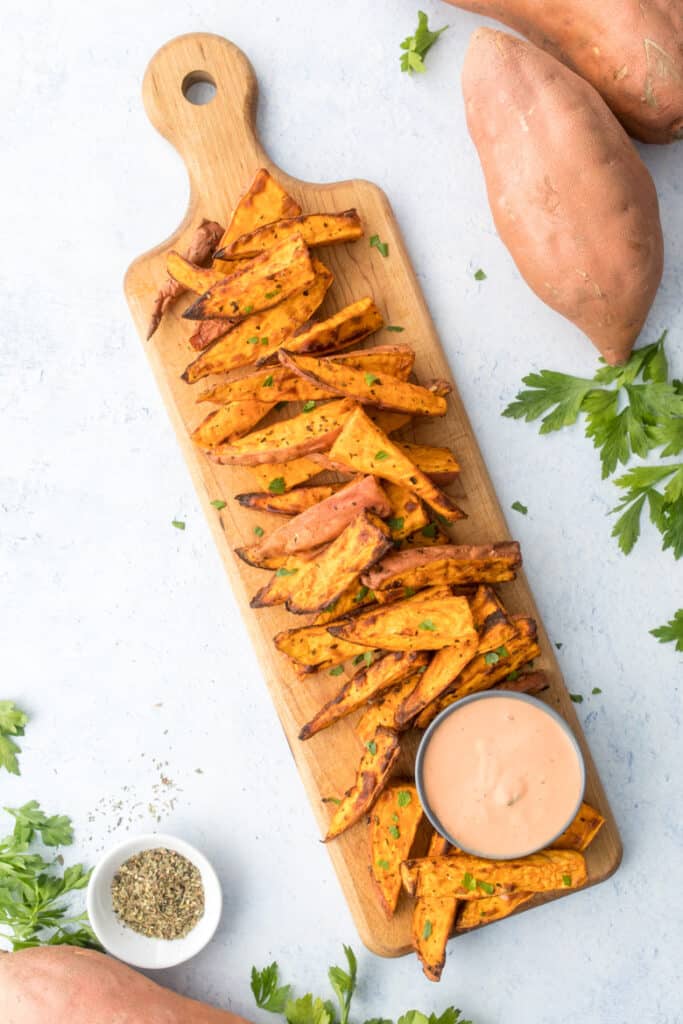

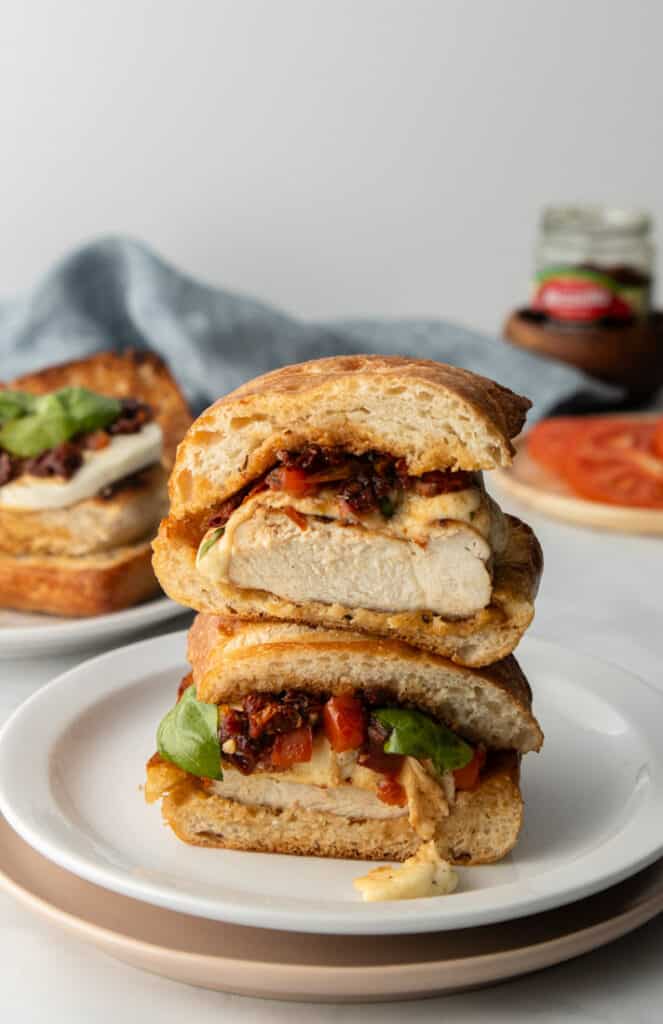
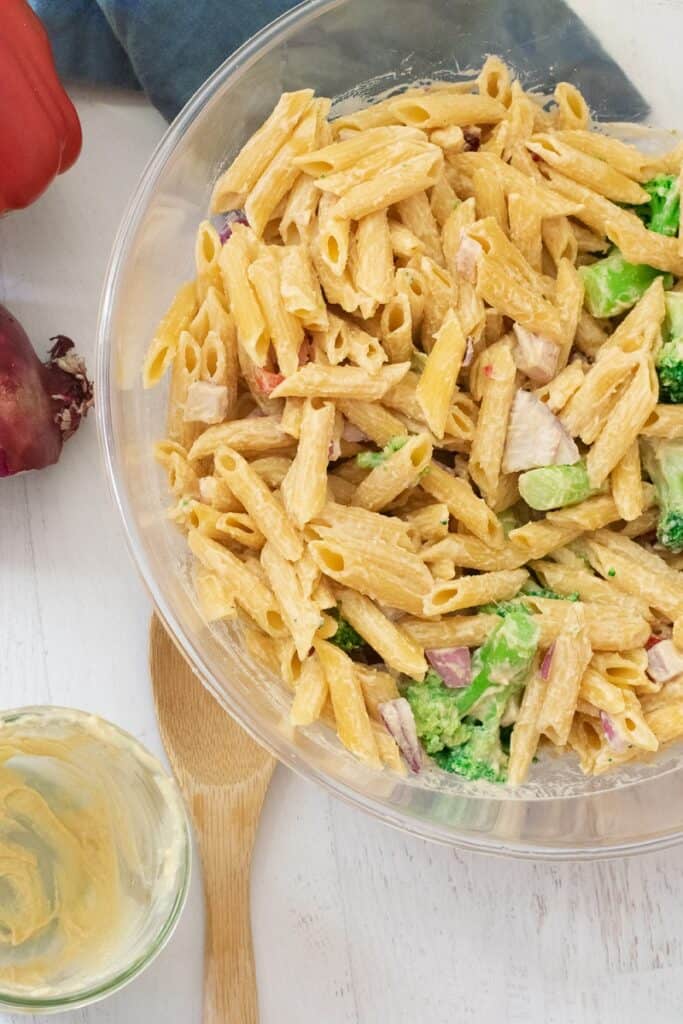



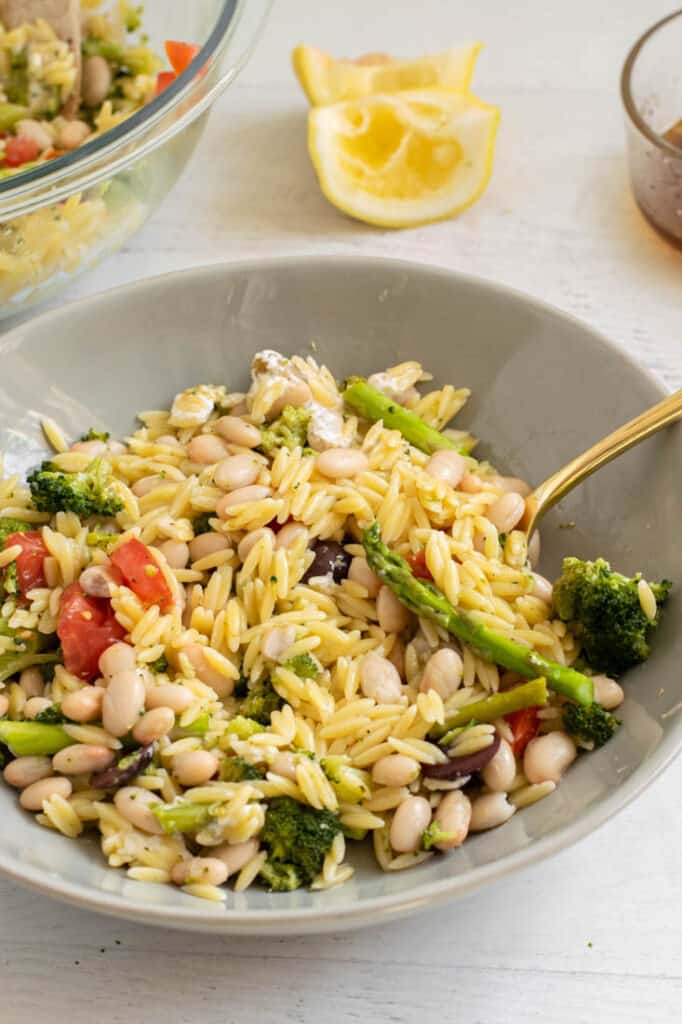

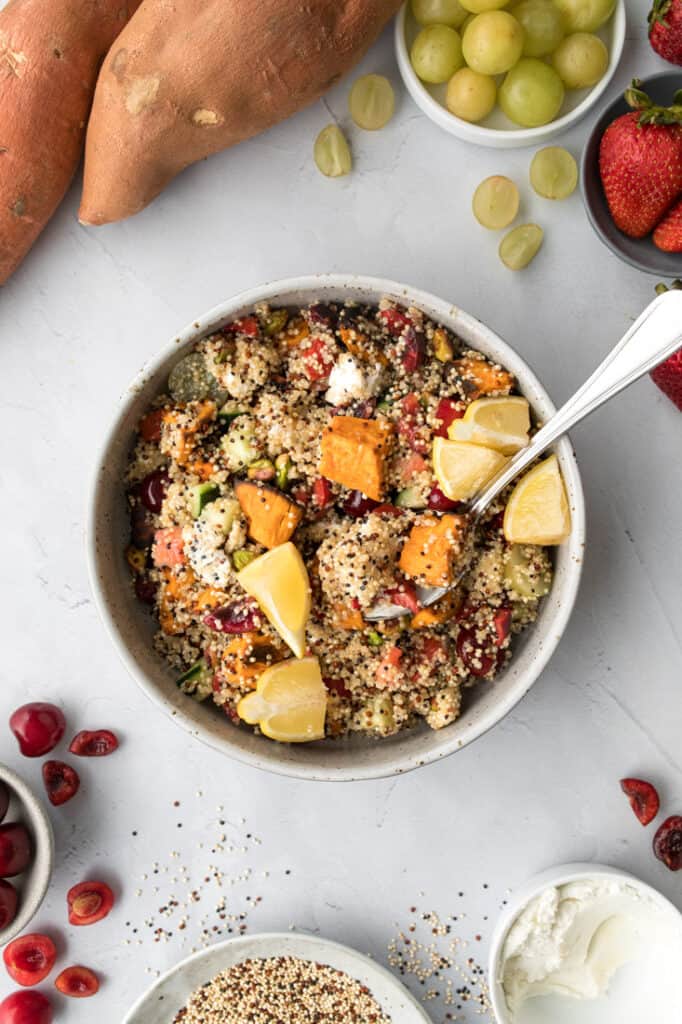

Like This Content?
Support Bucket List TummyI never thought about how sleeping in on weekends can push breakfast back which could lead to cravings or overeating. It makes total sense though! Thanks again for such an information IE post Sarah. I love them!